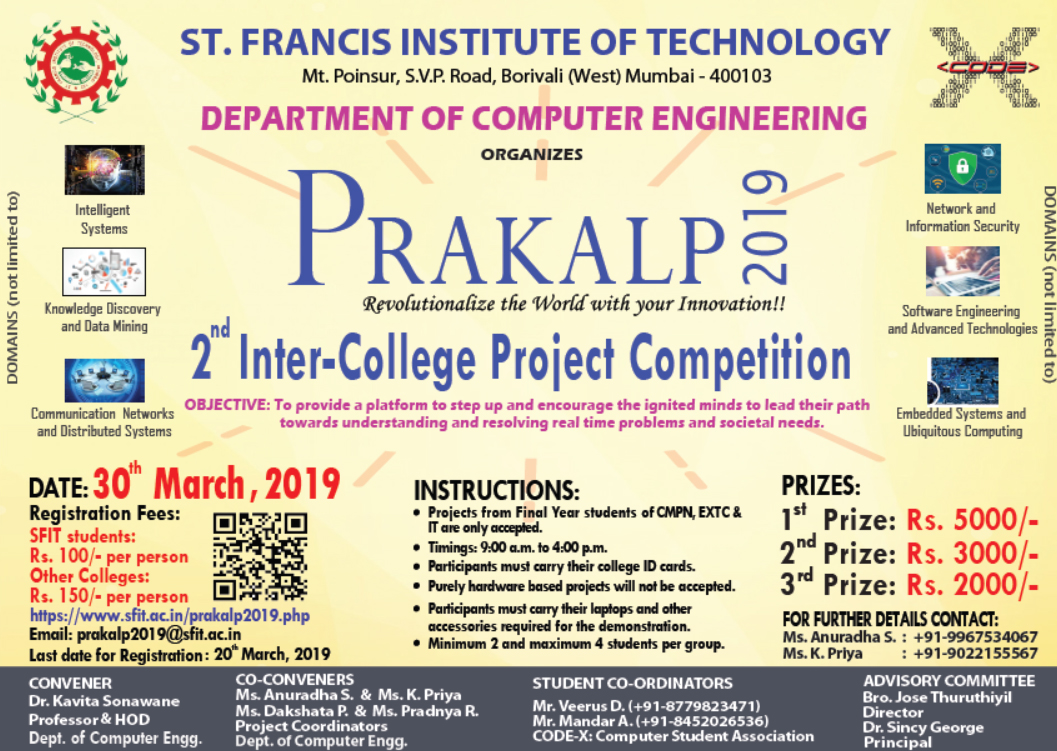The India Innovation Growth Programme (IIGP) 2.0 is a unique tripartite initiative of the Department of Science and Technology (DST), Government of India, Lockheed Martin and Tata Trusts.
Supporting the Government of India’s missions of “Start-up India” and “Make in India”, IIGP 2.0 enhances the Indian innovation ecosystem by enabling innovators and entrepreneurs through the stages of ideation and innovation, to develop technology-based solutions for tomorrow.
Complemented by several implementation partners, Federation of Indian Chambers of Commerce and Industry (FICCI), Indo-US Science and Technology Forum (IUSSTF), Centre for Innovation Incubation and Entrepreneurship (CIIE) at IIM Ahmedabad and Indian Institute of Technology Bombay; the programme aims to build an innovation pipeline in India through a high-impact programme focused on the social and industrial innovation ecosystem.
Launched in 2007, India Innovation Growth Programme (IIGP) has been one of India’s longest standing public-private partners. The programme has provided mentoring and handholding assistance to over 400 innovators coming from diverse sectors from across the country; generated over 350 commercial agreements and over $900 Million of economic value for India. (Source: Second Impact Analysis Report by Ernst & Young in 2015).
Through two annual parallel tracks viz. University Challenge and Open Innovation Challenge, IIGP 2.0 identifies and supports both industrial and social innovations through:
- Phase A: Ideation
- Phase B: Innovation
To read more and register, please visit:
http://www.indiainnovates.in/abouttheprogram.aspx (Accessed on 20 March, 2019)













